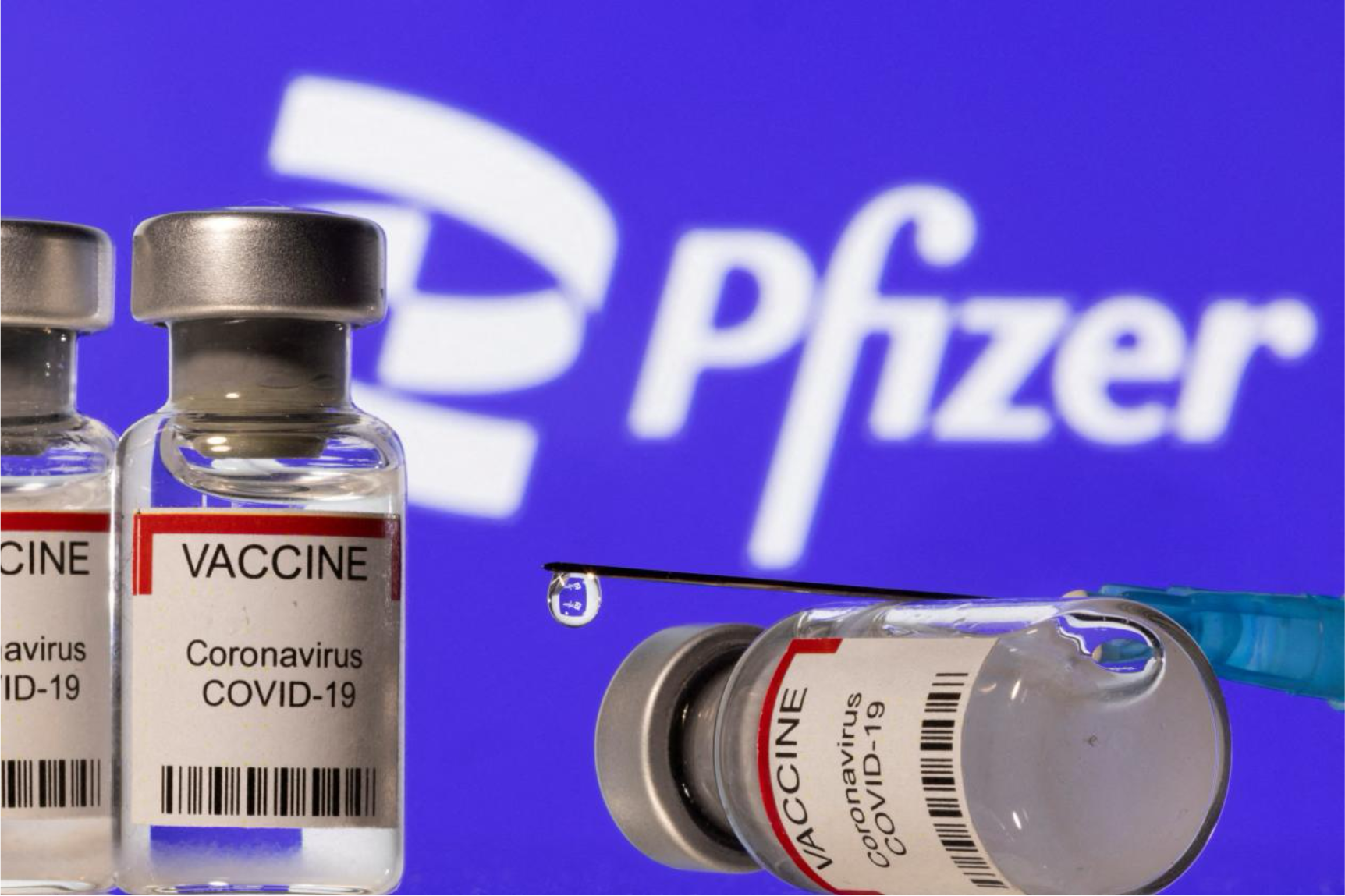The global rollout of COVID-19 vaccines, including the Pfizer-BioNTech vaccine, marked an unprecedented public health effort to curb the pandemic. While these vaccines played a crucial role in reducing severe illness and death, a significant number of individuals have reported serious, ongoing, and debilitating health issues following vaccination. This article, written from a legal advisory perspective, aims to provide guidance for those who believe they have suffered adverse effects after receiving the Pfizer COVID vaccine. It seeks to shed light on their experiences, the complex realities they face, and potential avenues for relief and compensation—encouraging informed action to protect their rights.
Understanding the Challenges of Long-Term Health Issues
Those attributing long-term health complications to the Pfizer vaccine often describe a difficult reality. Reported symptoms span a wide spectrum, typically chronic and life-altering, and may include:
- Neurological issues (persistent headaches, dizziness, tingling, or nerve pain)
- Cardiovascular complications (myocarditis, pericarditis, postural orthostatic tachycardia syndrome—POTS)
- Autoimmune reactions
- Chronic fatigue
- Cognitive dysfunction (“brain fog”)
- Severe allergic responses
For many, these are not short-term side effects but rather long-term conditions that deeply affect their quality of life, leading to:
Functional Impairment: Inability to work, perform daily activities, or engage in previously enjoyed hobbies.
Financial Hardship: Loss of income and high out-of-pocket medical costs often not fully covered by insurance.
Emotional and Mental Strain: The stress of chronic illness, uncertainty about the future, and difficulty gaining medical recognition can lead to anxiety, depression, and isolation.
Affected individuals frequently struggle to obtain a definitive diagnosis linking their symptoms to the vaccine—an essential step for any compensation claim. The search for clarity often involves extensive consultations, diagnostic tests, and, at times, inconclusive or dismissive results from providers unfamiliar with or skeptical of vaccine-related conditions.
Navigating the Legal and Procedural Landscape
Seeking compensation for vaccine-related injury is legally complex and varies significantly by jurisdiction. Establishing causality between vaccination and injury to the satisfaction of legal or administrative bodies is often the greatest hurdle.
In the United States
Under the Public Readiness and Emergency Preparedness (PREP) Act, manufacturers like Pfizer are largely shielded from traditional lawsuits unless willful misconduct can be proven—a high legal threshold. Instead, the U.S. government provides compensation through a designated fund.
Countermeasures Injury Compensation Program (CICP): Administered by the Health Resources and Services Administration (HRSA), this no-fault program covers COVID-19 vaccine injuries.
Key Features:
No-fault system: Claimants don’t need to prove negligence but must provide strong medical and scientific evidence linking the vaccine to the injury.
Strict deadlines: Claims must generally be filed within one year of vaccination.
Limited compensation: Caps on reimbursement for medical expenses and lost wages apply.
No judicial appeal: CICP decisions are final and not subject to court review.
Limited Scope for Lawsuits
Though PREP Act protections are broad, lawsuits are not entirely ruled out:
Willful Misconduct: Must prove intentional wrongdoing or reckless disregard by the manufacturer—not just negligence. This is exceedingly difficult.
Other Liable Parties: In rare cases, employers or third parties may be liable, depending on specific legal circumstances and jurisdiction.
Steps to Filing a Claim
If you believe you’ve experienced a serious adverse reaction to the Pfizer vaccine and seek compensation, follow this structured approach:
1. Prioritize Medical Care and Documentation
Seek Immediate and Ongoing Care: Prioritize your health and obtain professional medical evaluation and treatment.
Keep Detailed Records:
Dates and details of vaccination (including batch number if available)
Symptom onset and progression (maintain a journal)
All doctor visits, tests, diagnoses, treatments, medications
All medical costs (bills, receipts, insurance paperwork)
2. Collect Comprehensive Evidence
Obtain Full Medical Records: Including physician notes, diagnostic reports, discharge summaries.
Proof of Vaccination: Keep your official vaccination card or record.
Financial Loss Documentation: Pay stubs, tax returns, medical bills, receipts for travel to treatment.
Medical Opinions (if available): A written statement from a treating physician linking your condition to the vaccine can strengthen your case but must be scientifically credible.
3. Identify Relevant Deadlines
CICP Deadline: Claims must be filed within 1 year of receiving the vaccine.
Statutes of Limitation: If litigation is possible, most personal injury suits must be filed within 2–3 years of the injury or its discovery, depending on jurisdiction.
Missing a deadline can bar you from pursuing compensation—act promptly.
4. Consult a Qualified Legal Professional
Seek Legal Counsel: Choose an attorney experienced with vaccine injury claims or complex medical-related personal injury litigation.
Why Legal Advice Matters:
Evaluate the strength of your case
Clarify applicable laws and processes
Advise on whether to pursue government claims or litigation
Assist with documentation and timely submission
Represent you in dealings with compensation program administrators or courts
5. File Your Claim
Through Government Programs: File the required forms with complete supporting documentation (medical records, vaccination proof, receipts).
Through Litigation (rare and difficult): If pursuing a lawsuit, your attorney will prepare and file formal legal pleadings, which may involve lengthy proceedings, expert testimony, and trial.
Final Thoughts
Taking informed, organized action is essential. If you believe you’ve been harmed, the most critical steps are documenting your experience and seeking legal advice without delay. By gathering evidence and understanding your jurisdiction’s procedures and deadlines, you’ll be in the best position to advocate for recognition and relief.
While the path to compensation may be daunting, it remains a vital avenue for seeking accountability and support for the life-altering effects you may have endured. Do not delay in exploring your options.


